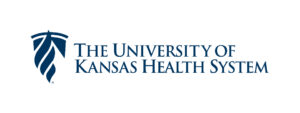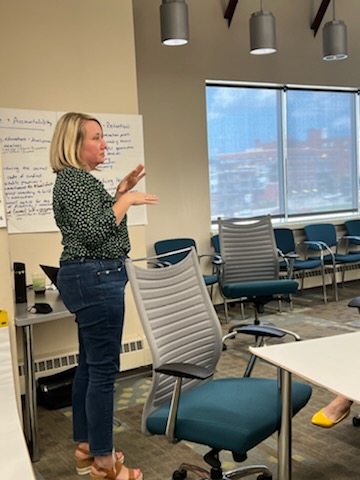Ethical AI Services for Healthcare
Healthcare works better with Ethical AI training and consultation to deploy
tools and processes that can make AI in healthcare safe and more responsible for all.


WHY ETHICAL AI SERVICES?
WE CAN HELP YOU ANSWER THESE QUESTIONS
What can we do to reduce systemic bias in complex, nontransparent machine learning?
How can we design an infrastructure of accountability with standard processes to ensure the use of AI technologies safer and more responsible?
Why should our patients be confident that their treatment isn’t dictated solely by an algorithm?
Service Options to Meet Your Needs
Workshops
Dynamic workshops customized for your organization.
Process Improvement Tools
Lifecycle Mapping Checkpoints
Procurement Guides Monitoring Tools
Governance Structure
Executive guidance across your organization for the decision makers.
Consultation
Advise during development, implementation and issue response.
Why We Do Ethical AI Services?
I think the Ethical AI pilot training at The University of Kansas Health System was excellent. Lindsay and her team brought us together and provided a forum for the sorts of conversations we want to have around AI’s use in healthcare. I was particularly impressed with Ryan’s depth of knowledge and how he approached these questions as a practicing medical ethicist.
I was so impressed with their approach that I have started to think with my own team in some of the terms/complex dynamics (do no harm, patient autonomy etc.) that were introduced during the sessions. I’m excited for future collaboration and learning more from those folks for how we can as an organization ethically implement rapidly expanding and improving AI technologies.
Christian Dodge
Manager of Analytics and Business Intelligence (Data Science)

The Ethical AI initiative of the Center for Practical Bioethics comes at a critical time. The rapid emergence of Chat-GPT and other AI-enabled technologies in healthcare requires careful consideration. The balanced approach of the Center, weighing risks such as amplifying bias versus the benefits of improved health, is exactly what we need.
The Center recently facilitated an Ethical AI workshop at my organization. Participants frequently have shared how much it equipped them to reflect on AI and adopt an intentional approach to a challenging but important topic.
Mark Hoffman, Ph.D.
Chief Research Information Officer, Children’s Mercy Research Institute
*Also an Ethical AI Advisory Council Member

The presentation of the Ethical AI training materials at The University of Kansas Health System provided our leaders real-world, thought-provoking curriculum which could be immediately applied in their day-to-day work.
Since the two-day workshop, I’ve had conversations with participants who have begun using terms that were discussed in the training that were not typically included in their approach or work habits. Our leaders have begun to apply the content and are eager to continue their growth with ethical principles and the responsible deployment of AI.
We’ve only just started to realize the full potential of our engagement with Ethical AI Services from the Center for Practical Bioethics and are looking forward to the future with increased opportunities to collaborate.
Anthony Jenkins
Assistant Director of IT Initiatives, Healthcare Information Technology Services
*Also an Ethical AI Advisory Council Member



Make Impact
Every dollar you give helps, providers, clinicians, patients and families
decide what to do when it’s hard to agree about the “right” thing to do.












